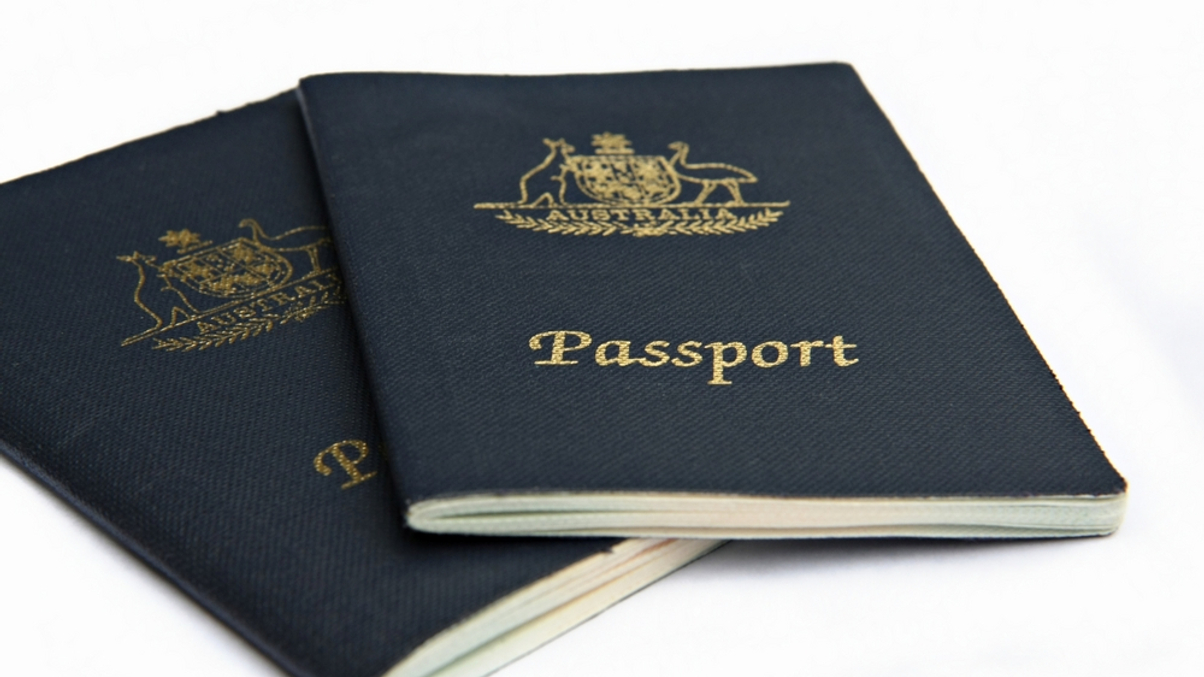Intrigue swirls as third fund passport plan unveiled
An Asean version featuring Malaysia, Singapore and Thailand has been put forward. That is the third Asian passport scheme in eight months as sources see regional rivalry intensify.

After years of debate, false starts and bureaucratic divisiveness, the third funds passport scheme in Asia Pacific was unveiled yesterday within the space of just eight months. When it rains, it pours.
Sign in to read on!
Registered users get 2 free articles in 30 days.
Subscribers have full unlimited access to AsianInvestor
Not signed up? New users get 2 free articles per month, plus a 7-day unlimited free trial.
¬ Haymarket Media Limited. All rights reserved.


